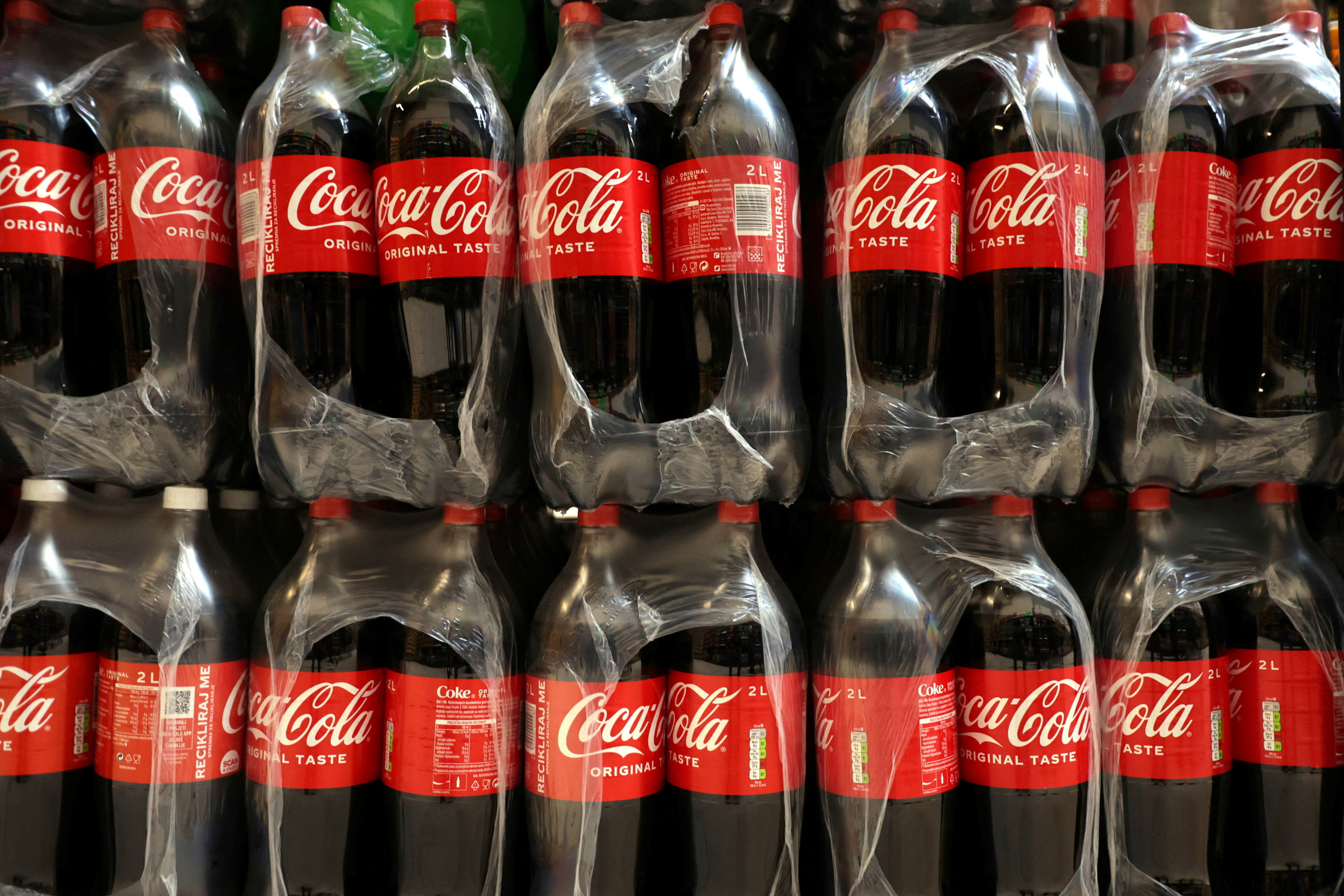Coca-Cola Shifts Focus: The New Strategy on Plastic Reduction
The Shift in Coca-Cola's Environmental Strategy
In the wake of the failed U.N. global plastics treaty negotiations, Coca-Cola, recognized globally as a top polluter, has decided to reorient its environmental objectives. Previously committed to cutting down on the use of single-use plastics, the company is now redirecting its emphasis toward enhancing recycling strategies. This pivot raises several questions regarding corporate responsibility and environmental sustainability.
Plastic Recycling: A New Reality?
As part of this new strategy, Coca-Cola aims to improve plastic recycling methods. The focus will be on increasing the recyclability of its plastics and ensuring that more of its packaging can be repurposed. However, it leads to concerns over whether recycling is truly a sustainable solution or merely a way to shift responsibilities.

Industry Responses and Environmental Activism
Following Coca-Cola's announcement, environmentalists have expressed skepticism. Many argue that reducing single-use plastics should remain a priority. Jane Goodall, a prominent environmental advocate, once said,
“What you do makes a difference, and you have to decide what kind of difference you want to make.”Her quote resonates with ongoing debates within the industry.
Alternatives to Single-use Plastics
As businesses navigate the complexities of sustainability, alternatives to plastic have emerged. Here are a few viable options:
- Biodegradable packaging materials
- Reusable containers and packaging
- Increased use of metal and glass
Companies like Biodegradable Packing options on Amazon have been at the forefront of this transformation.
The Global Perspective: Beyond Coca-Cola
This shift aligns with broader industry trends, as many global brands attempt to mitigate their environmental impact. Efforts such as the Ellen MacArthur Foundation's New Plastics Economy promote a circular economy for plastics. Interestingly, the need for well-defined regulations and global agreements remains ever more critical.
What Does the Future Hold?
While recycling is a step forward, the real challenge lies in reducing the production of plastics. The eyes of the world are now on corporations and policymakers alike, urging them to commit to sustainable practices. For Coca-Cola, this change offers an opportunity for closer scrutiny and introspection.
In-Depth Resources and Further Reading
For a deeper understanding of the ongoing plastic crisis, explore these resources:
- YouTube: The Plastic Waste Crisis
- Ecowatch: The Fight Against Plastic
- Follow environmental influencers on social media such as Greta Thunberg for ongoing updates and insights.
Additional Insight: Recent studies suggest that companies investing in innovative bioplastics and biodegradable solutions are seeing significant market interest. This could signal a promising path for reducing plastic dependency significantly. Industrial conferences such as Plastics Future Conference regularly discuss these evolving technological breakthroughs.
